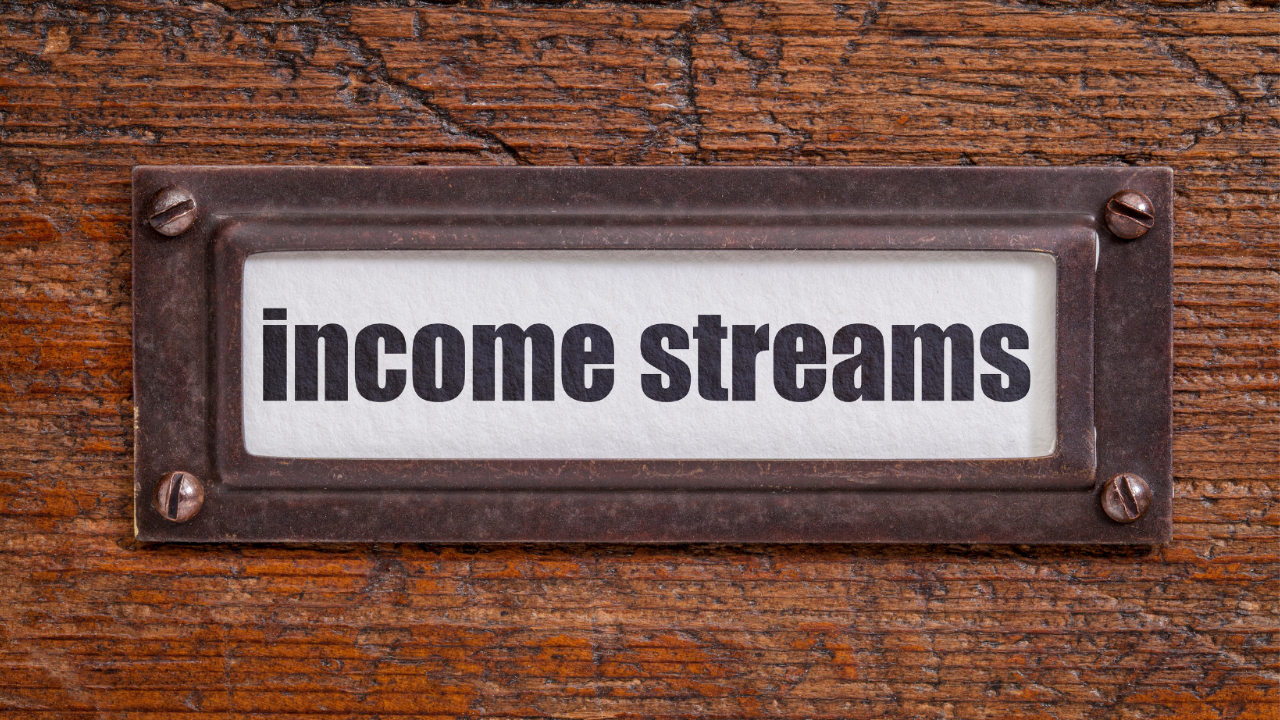Source Interview Etiquette for Freelance Nurse-Writers

Last month, I invited everyone to “Ask Me Anything” in a since-deleted comment thread at the newsletter site. (You can still ask me questions directly, by email!) I promised to answer those questions in future newsletters, and I’m tackling one today.
Elizabeth asked: “How to interview your sources, the expected etiquette and processes?”
Whether you’re doing health journalism or content marketing, you will be required to interview sources and subject matter experts (SMEs) from time to time. And, as Elizabeth implied, there is a process and etiquette to this. Here’s how I do it:
1. If the source is not provided to me by the client, I first approach reputable associations, health systems, and other organizations for help finding a source. Let’s say I need a breast cancer expert for an article on the latest treatments. I might first approach the media relations department at MD Anderson.
2. Once I’ve connected with the source (or the media relations rep), then I arrange a time for the interview. I use an online booking calendar and invite the source to choose any day/time that works for them. Sometimes they ignore this (or none of my dates/times work), so then we go old school and trade emails until we settle on something. I usually provide a general list of questions I want to ask, so the expert can be as prepared as possible.
3. I ask them to call in to my Free Conference Call HD line so I can record the interview and have it transcribed. Some freelancers use cell phone apps or other types of recording devices, but I’ve found the conference line to be extremely reliable – and there’s no worse feeling than discovering your recorder only captured the first two minutes of the interview, even though it appeared to be working just fine. The conference line also easily accommodates multiple people on the call, in case the media relations rep wants to sit in (as they sometimes do).
4. I always get on the conference line five minutes before the scheduled time, so if the expert jumps on early, we can get started.
4a. Not infrequently, a source will fail to show. I usually give them 10 minutes after the scheduled start time, and if they don’t get on the call, then I email to find out when we can reschedule. If they no-show me again, then I scramble to find a new source.
5. Once they’re on the line, I get the source’s permission to record, turn on the recorder, and then get their permission again, on the record. I introduce myself, tell the source who the story is for (e.g.: Healthgrades, the New York Times), and share a little about my background (especially that I’m an RN). Then I work through the list of questions I had sent previously, asking more detailed follow-up questions as we go.
6. I aim to spend a maximum of 30 minutes on any given interview, and sometimes they’re much shorter than that. It just depends on what I need and how verbose the source is. Some sources won’t let you get a word in edgewise, while others answer every question in three words. As you gain experience, you’ll learn how to control the interview better to elicit the answers you need to write your story.
7. At the end of the interview I thank them, ask if I can email any follow-up questions, and briefly explain the protocol involved between the time of the interview and the story’s publication. For instance, will they be allowed to verify their quotes? Will they be allowed to review the whole story in advance? When do I expect the story to be published?
8. I wish them a good day, hang up, and often immediately send the recording to be transcribed. I’ve worked with CLK Transcription for years and can highly recommend CarolLee and her team.
When the story finally publishes, I always try to send a link to my sources as a thank-you. They do me a favor by taking time out of their busy schedule to chat for half an hour, and I like to let them know I appreciate it.
Subscribe today to the free weekly RN2writer newsletter for more great tips like this to help you launch or grow your freelance writing career!






